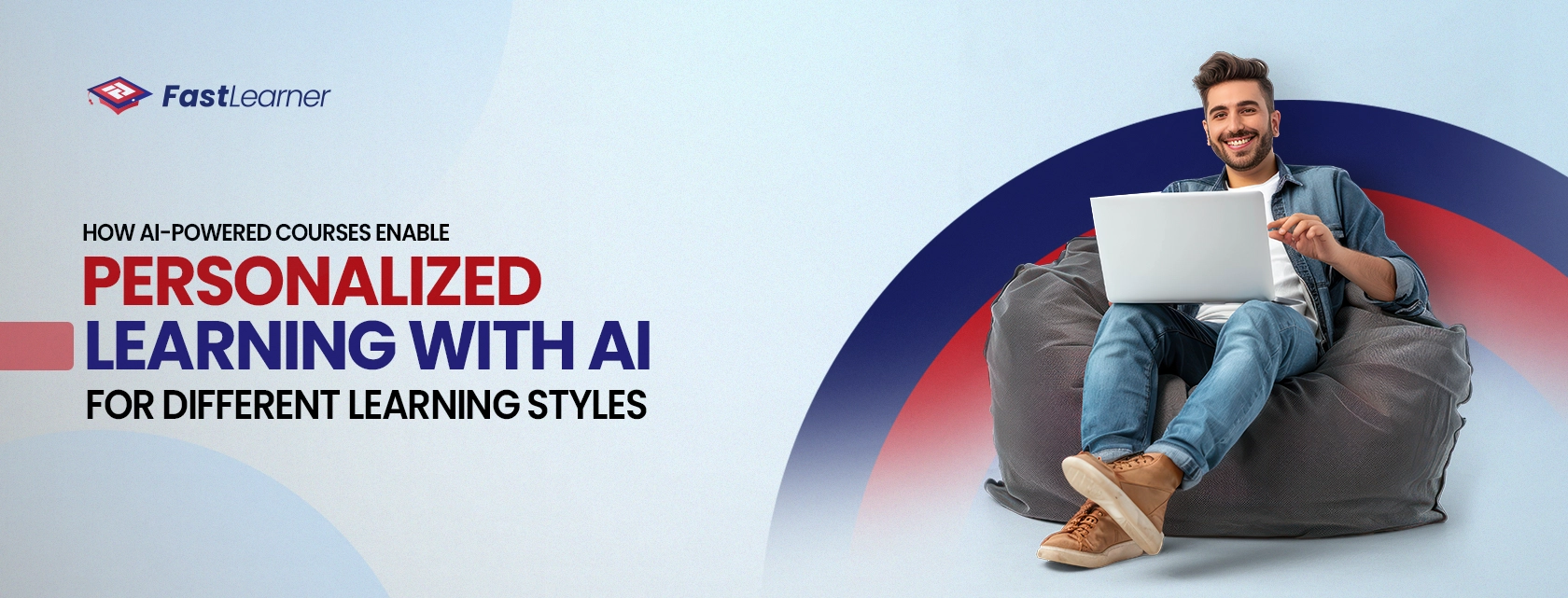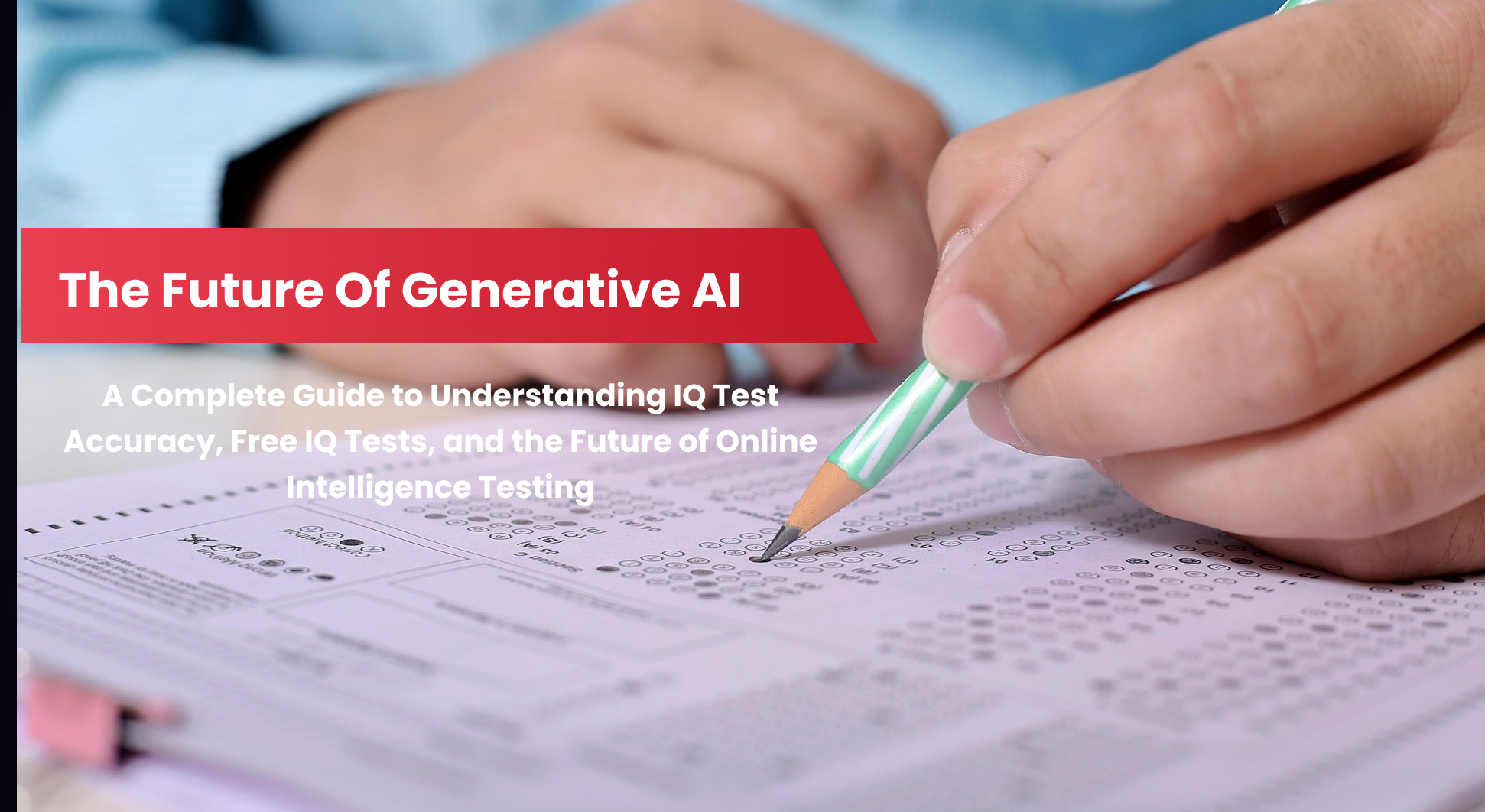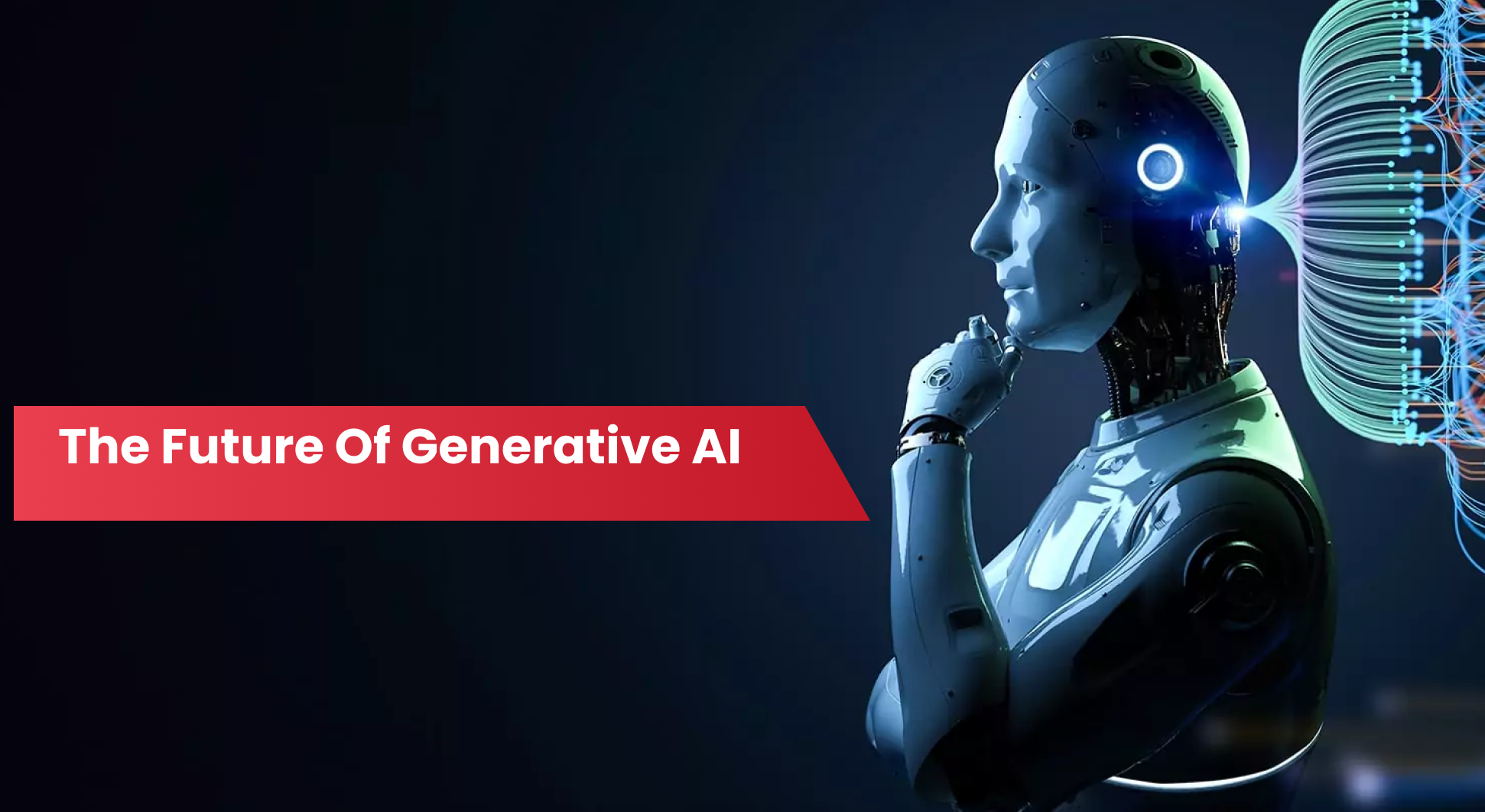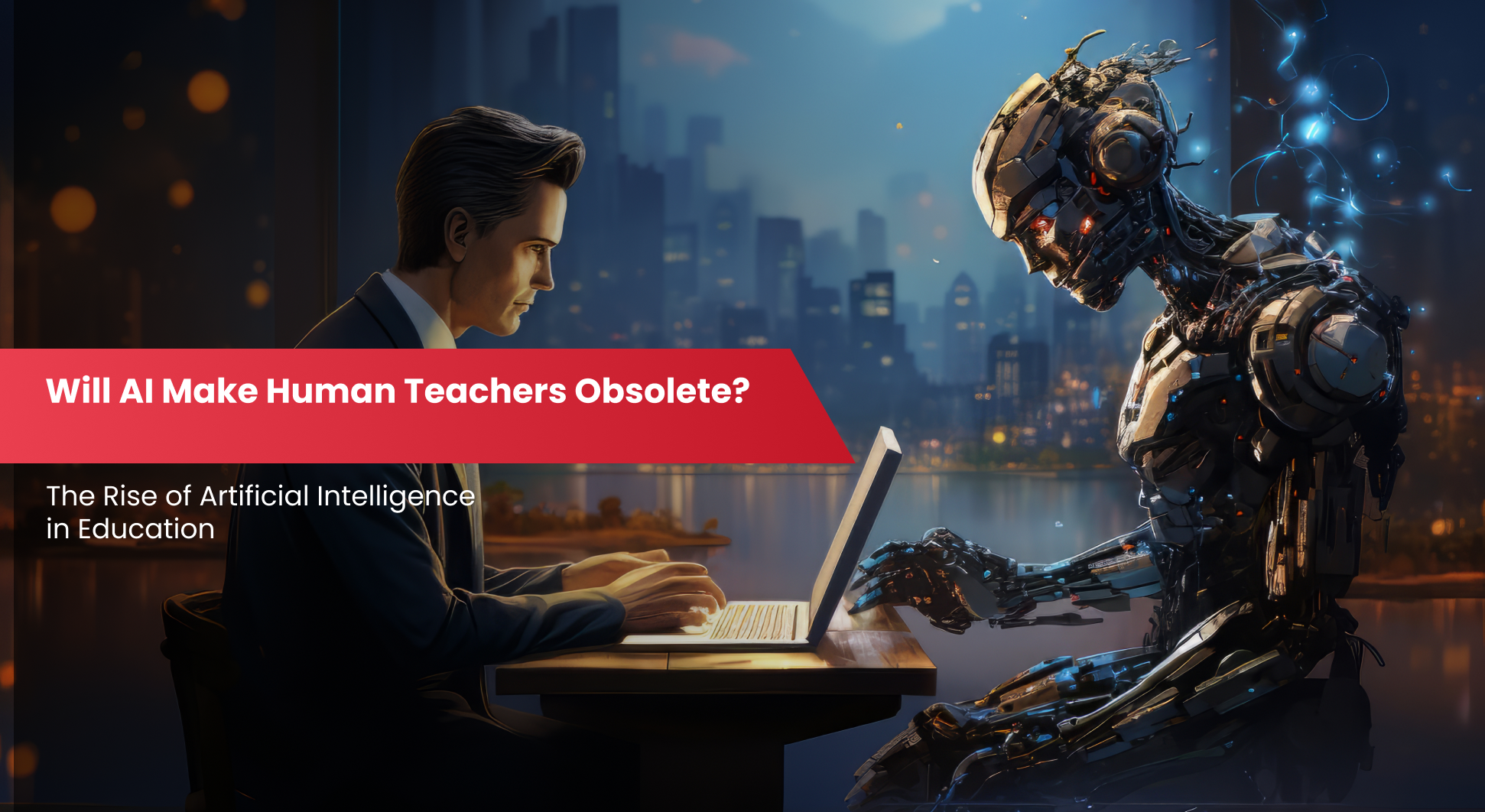In today’s fast-paced world, the concept of “one size fits all” in education is rapidly becoming obsolete. Learners are no longer confined to traditional, standardized methods of acquiring knowledge. Instead, personalized learning with AI has emerged as a revolutionary approach, especially with AI-powered courses that adapt to each student’s unique preferences and learning styles.
The question is, how do AI-powered courses enable personalized learning with AI for different learning styles? The answer is generative AI’s adaptability.
Using artificial intelligence, adaptable platforms are reshaping the educational landscape, offering tailored learning experiences that empower individuals to achieve their full potential.
Key Insights on Personalized Learning with AI: How AI Adapts to Different Learning Styles
- AI-driven courses tailor educational experiences to individual learning styles, such as visual, auditory, kinesthetic, and social.
- Machine learning analyzes student behaviors and preferences, optimizing course delivery for enhanced engagement and retention.
- Personalized learning paths foster greater confidence in learners, allowing them to progress at their own pace.
- Real-time feedback ensures continuous improvements, adapting materials to meet students’ evolving needs and overcoming obstacles like language barriers.
- The future of education may incorporate advanced personalization features using immersive technologies like virtual and augmented reality.
Understanding Learning Styles: Why Personalization Matters

Every learner is different. Some prefer visual materials, while others learn better through auditory or kinesthetic methods. Howard Gardner’s theory of multiple intelligences reinforces this, suggesting that people process information in diverse ways. Despite the variety in learning styles, traditional education systems often follow rigid structures that don’t account for these differences. This is where AI-powered courses come into play.
A significant 43% of college students in the United States report using AI tools like ChatGPT to enhance their study routines. Furthermore, 90% of those students who have utilized ChatGPT believe it is a more effective learning resource than traditional tutoring. This trend highlights the growing reliance on AI in education and its potential to improve student outcomes.
AI-driven personalization platforms like FastLearner recognize that personalized learning needs to account for these different learning styles, allowing students to engage with content in ways that best suit them. With machine learning algorithms that analyze individual preferences, AI can tailor course delivery to match how students, whether visual, auditory, kinesthetic, or social learners learn most effectively.
How AI Customizes Learning Experiences

At the heart of AI-powered education is adaptability. AI analyzes learner behavior—such as how long they spend on specific tasks, the questions they answer incorrectly, or which resources they engage with most frequently.
This data creates AI for personalized learning paths, continually adapting to students’ needs. For instance:
- Visual Learners: AI may emphasize video tutorials, infographics, and other visual aids.
- Auditory Learners: The system might recommend podcasts, audio lessons, or narrated presentations.
- Kinesthetic Learners: AI can suggest interactive simulations or hands-on projects to reinforce learning.
- Social Learners: AI can identify opportunities for collaboration by recommending peer discussions, group activities, or forums.
This personalized learning with AI transforms the traditional “lecture-based” model into a more interactive, intuitive experience. Students can now learn at their own pace, revisit challenging concepts, and receive real-time feedback tailored to their performance.
Benefits of Personalized Learning with AI for Different Learning Styles

Increased Engagement: One of the most significant benefits of AI-powered courses is increased learner engagement. Students who interact with content that suits their preferred learning style are more likely to stay motivated and focused. For example, a kinesthetic learner using FastLearner may find interactive coding exercises more engaging than reading through a technical manual.
Improved Retention Rates: Personalization directly impacts how well students retain information. Visual learners may need help absorbing content if they are bombarded with text-heavy resources. AI ensures that suitable materials are presented in formats that align with the learner’s natural cognitive strengths, making retention easier.
Enhanced Confidence and Self-Paced Learning: Many students feel overwhelmed by the pressure of keeping up with a standard curriculum. AI-powered platforms alleviate this issue by providing self-paced learning opportunities where students can control their learning speed without falling behind. The AI also adjusts the difficulty of the content based on performance, gradually challenging students without overwhelming them.
Real-Time Feedback: Traditional education often needs to offer immediate, constructive feedback. AI-powered courses bridge this gap by providing instant feedback to students. This allows learners to identify areas needing improvement, immediately ensuring continuous growth. If a student struggles with a concept, AI can provide alternative resources or explanations in different formats (video, audio, text), catering to the learner’s style.
How FastLearner Uses AI for Personalized Learning?

FastLearner.ai stands out as a leader in adopting AI for personalized education. The AI-driven platform employs advanced personalization algorithms that assess students’ learning patterns, preferences, and performance metrics to deliver customized course recommendations. This approach ensures learners maximize their potential by following a path uniquely suited to them.
Moreover, FastLearner offers a wide range of tools to support different learning styles:
- For Visual Learners: Video content, animated tutorials, and visual guides dominate the platform’s offerings. These make complex topics easier to understand through engaging visuals.
- For Auditory Learners: The platform includes podcast-style lessons, narrated course content, and interactive voice-based quizzes for those who prefer listening over reading.
- For Kinesthetic Learners: FastLearner provides simulations, coding challenges, and interactive projects, ensuring hands-on learners can engage deeply with the content.
- For Social Learners: Forums, group discussions, and peer-based activities encourage collaboration and interaction among students, making learning a shared experience.
By implementing this tailored approach, FastLearner ensures that students with varying learning preferences can all benefit from a rich, customized educational experience.
Overcoming Learning Challenges with AI

Many learners need help with obstacles such as language barriers, gaps in prior knowledge, or difficulty concentrating for extended periods.
AI-powered systems can identify these challenges early on and adjust the curriculum accordingly. For instance:
Language Customization: AI tools can offer content in multiple languages or provide translations in real-time, removing linguistic barriers and making education accessible to non-native speakers.
Knowledge Gaps: If a student needs foundational knowledge, AI can recommend prerequisite courses or supplementary materials to fill these gaps, ensuring the learner has a solid foundation before moving forward.
Concentration Struggles: AI can adjust the course structure for students with trouble focusing by introducing microlearning techniques and breaking down lessons into shorter, more digestible segments.
AI and Continuous Improvement in Education

One key advantage of AI-powered courses is their ability to evolve continually. As AI systems gather more data from learners, they refine their algorithms, making future personalization even more accurate. This creates a feedback loop that benefits both the student and the platform, constantly improving the learning experience.
FastLearner, for example, uses advanced machine learning models to analyze user behavior and dynamically adapt course offerings. The more students interact with the platform, the more precise their personalized learning path becomes. Additionally, AI can predict a learner’s future needs, suggesting courses or skills they may require based on industry trends or individual career goals.
The Future of Personalized Learning with AI

A productive environment is one where students feel motivated to achieve their goals. Teachers play a crucial role in fostering this motivation by providing positive reinforcement and recognizing student efforts. Acknowledging progress through verbal praise, certificates, or tangible rewards can significantly boost a student’s self-esteem and desire to continue learning.
Online, Fast Learner does this through gamification elements, such as achievement badges and progress bars, which provide students with a sense of accomplishment and keep them motivated throughout their learning journey.
How AI-Powered Courses Enable Personalized Learning with AI for Different Learning Styles – Final Takeaway
AI-powered courses are transforming the educational landscape by providing personalized learning experiences that cater to diverse learning styles. How AI-Powered Courses Enable Personalized Learning with AI for Different Learning Styles demonstrates how AI and personalized learning empower learners to take control of their education, engage more deeply with content, and achieve better outcomes.
Platforms like FastLearner.ai are at the forefront of this revolution, using AI to adapt learning materials, provide real-time feedback, and create customized paths for students of all backgrounds. As AI technology continues to evolve, the possibilities for personalized education are endless, promising a future where every learner can thrive, no matter their preferred learning style.
FAQs About Personalized Learning With AI
How can AI be used in learning?
AI can be used in learning by personalizing educational experiences, analyzing student performance, and adapting content to meet individual needs. It helps create customized learning paths, offers real-time feedback, and enhances engagement through interactive materials.
What are the different forms of learning in AI?
Different forms of AI learning include supervised, unsupervised, reinforcement, and deep learning. Each form has unique applications, ranging from classification and prediction to self-improvement through experience.
What are the different learning approaches in AI?
AI learning approaches encompass various techniques, including machine learning, natural language processing, and computer vision. These approaches enable AI systems to interpret data, understand language, and recognize patterns, enhancing their ability to support personalized education.
How do you teach students in the US with different learning styles?
Teaching students in the US with different learning styles involves using various instructional methods and materials. Learning with AI for Different Learning Styles allows educators to tailor content delivery based on individual preferences through visual aids, audio resources, interactive simulations, or collaborative activities, ensuring all students can engage and succeed.



